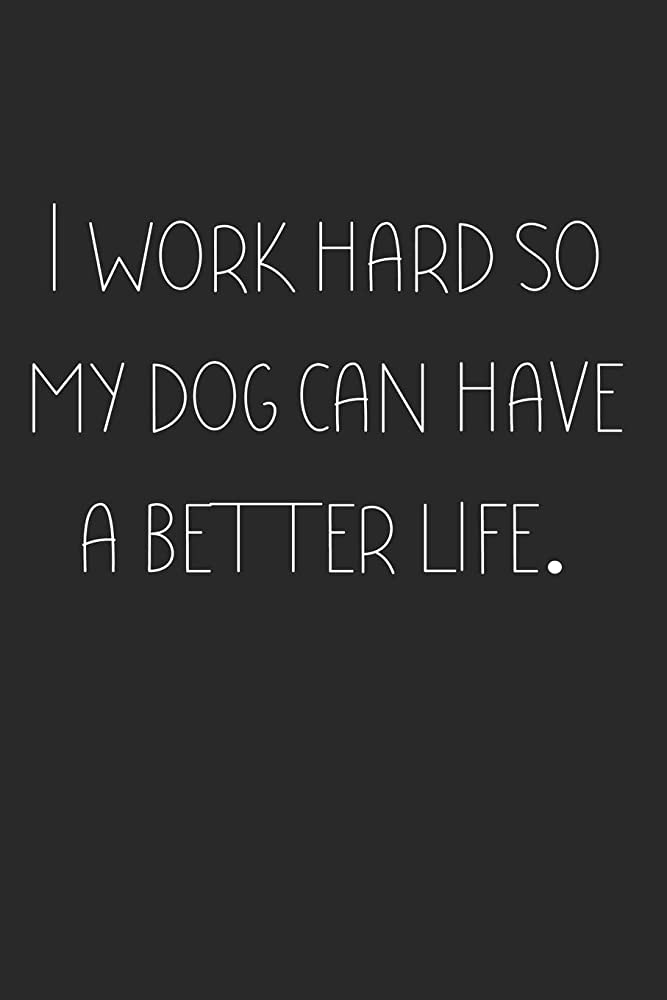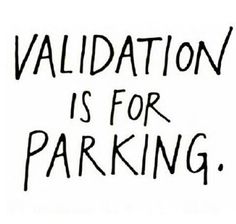Why is life so hard for you, but effortless for others?
Why does the world conspire against you, while sparing everyone else?
How did you manage to board the struggle bus, while others are zipping along on the bullet train?
I have asked myself these questions more times than I care to admit. My mind swirls around the hardships of my life whenever I’m having a bad or low energy day. Deep down I know that we all have bad days, all of us experience hardship – but why is my life so hard?
(It’s really not. But Whiny Jennifer is convinced it is.)
Make your life easier and by making better decisions. Download my Decision Tree now!
It’s All Biology’s Fault
Biology has done a cruel thing to humans: it has wired us to naturally lean toward or look for negativity and compare ourselves to others. I mean, who thought pairing these two toxic, detrimental traits was a good idea?
We make life unintentionally harder than it has to be with unhelpful habits, mindset mistakes, and unrealistic expectations. It’s just that some are better at hiding it than others.
The people who seem to breeze through life have learned how to recognize and mange the obstacles in their way. The reality of their day-to-day life may be far more difficult than yours – they’ve chosen not to focus on it and/or sought solutions to ease their burden.
Everyone lives diverse, complex lives. Everyone.
So, how can you make your life easier instead of always feeling like you are trudging up a steep hill?
5 Habits That Make Life So Hard For You
There are five habits I have noticed in the lives of my burned-out clients that consistently contribute to the “Why Is My Life So Hard?” mindset. Let me walk you through them and offer solutions along the way.
Habit #1: Unhelpful thinking styles and negative self-talk – Our minds are very busy constantly interpreting the world around us, trying to make sense of it. Sometimes, our interpretation is accurate, but often we take what can be considered “short cuts.” These “short cuts” are unhelpful thinking styles that have a negative effect on and distort our thoughts.
Some of the unhelpful thinking styles include All-or-Nothing Thinking, Overgeneralization, Jumping to Conclusions, Emotional Reasoning, Labeling, or “Should” Statements.
These styles also fuel negative self-talk, which keeps you stressed out and agitated.
The trick with unhelpful thinking styles and negative self-talk is to learn to see these thoughts for what they are – thoughts only, not reality. Doing this provides some distance from negative thoughts, to make room for thoughts that are more useful and supportive of your life.
Habit #2: You assign intent – You assign bad intent to innocent actions. Someone cuts you off on the road. A friend doesn’t text you back. Everyone can find a reason to be offended on a regular basis, but what causes you to be offended?
Happy people don’t take things personally. They don’t worry about unintentional actions of others. And, if something is bothering them, they communicate. Instead of assuming that your friend is mad or being difficult, why not ask what’s going on in their life? If something is having enough of an impact on your thought process or relationship, that’s a clear sign it’s time to talk about it.
Habit #3: You always expect the worst – And you know what? It usually happens. It happens because you have skewed your thoughts in a way that any action you take will inevitably affect the outcome. A basic tenet of psychology is thoughts create action. Actions create outcomes.
Your mind also wrestles with events that aren’t even likely. Your headache is a brain tumor. Your Door Dash order is late because the driver forgot about you.
Negativity breeds more negativity. Instead of thinking that things won’t work out, start challenging yourself with the question “what if they did?”
Habit #4: You don’t say no – You allow people to steal and/or waste your time. This causes you to miss out on important opportunities, miss deadlines, and not see yourself as a priority. And what happens? You become resentful.
Learning to say no is about more than conserving your time and energy. It’s also about sparing your own feelings. It’s about recognizing the cost of saying no to yourself.
I find it interesting that one of the reasons people have a hard time saying no is because they are worried about what other people will think of them. You have no control over another’s thoughts, feelings, or behavior. Even if you say yes, there’s no guarantee this other person will think of you the way you’d like them to.
Habit #5: You have unrealistic and/or uncommunicated expectations: It would be nice is the world always worked the way we wanted it to. But, it doesn’t. So an obstacle is presented that makes our life harder. Let’s focus on that obstacle for a minute. Where did it come from?
Often our obstacles are the result of an unrealistic expectation. We wanted something to happen or go a certain way, regardless of if it was a realistic possibility or not. Even realistic expectations can become unrealistic when we refuse to adjust our thinking or our beliefs.
As the former queen of unrealistic expectations, I have learned that a lack of communication drives many. We just assume the wants or abilities of others, expect them to read our minds, or just don’t have a grip on realistic standards.
The next time you catch yourself wallowing in disappointment, ask yourself – even better ask others – where the disconnect is in your reasoning. Every professional athlete shows up expecting to win. When they don’t they take the time to review their performance to find out where they made a mistake or missed. Doing this same thing in your day-to-day life can also begin to bridge that gap between unlikely and reality.






